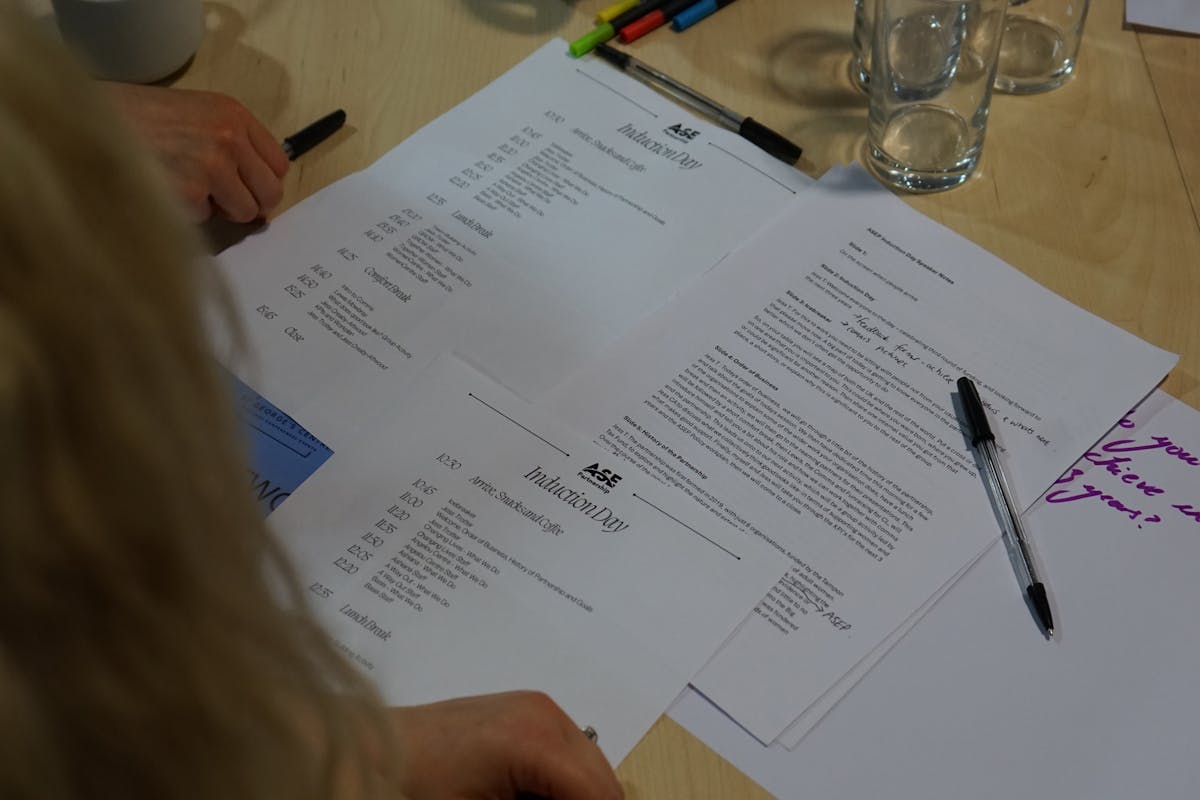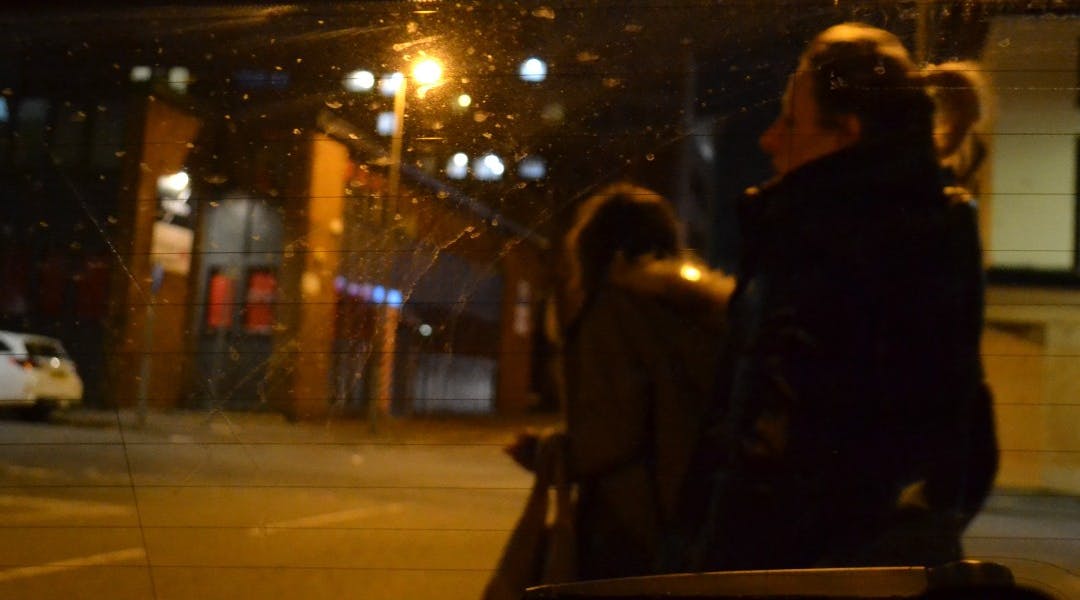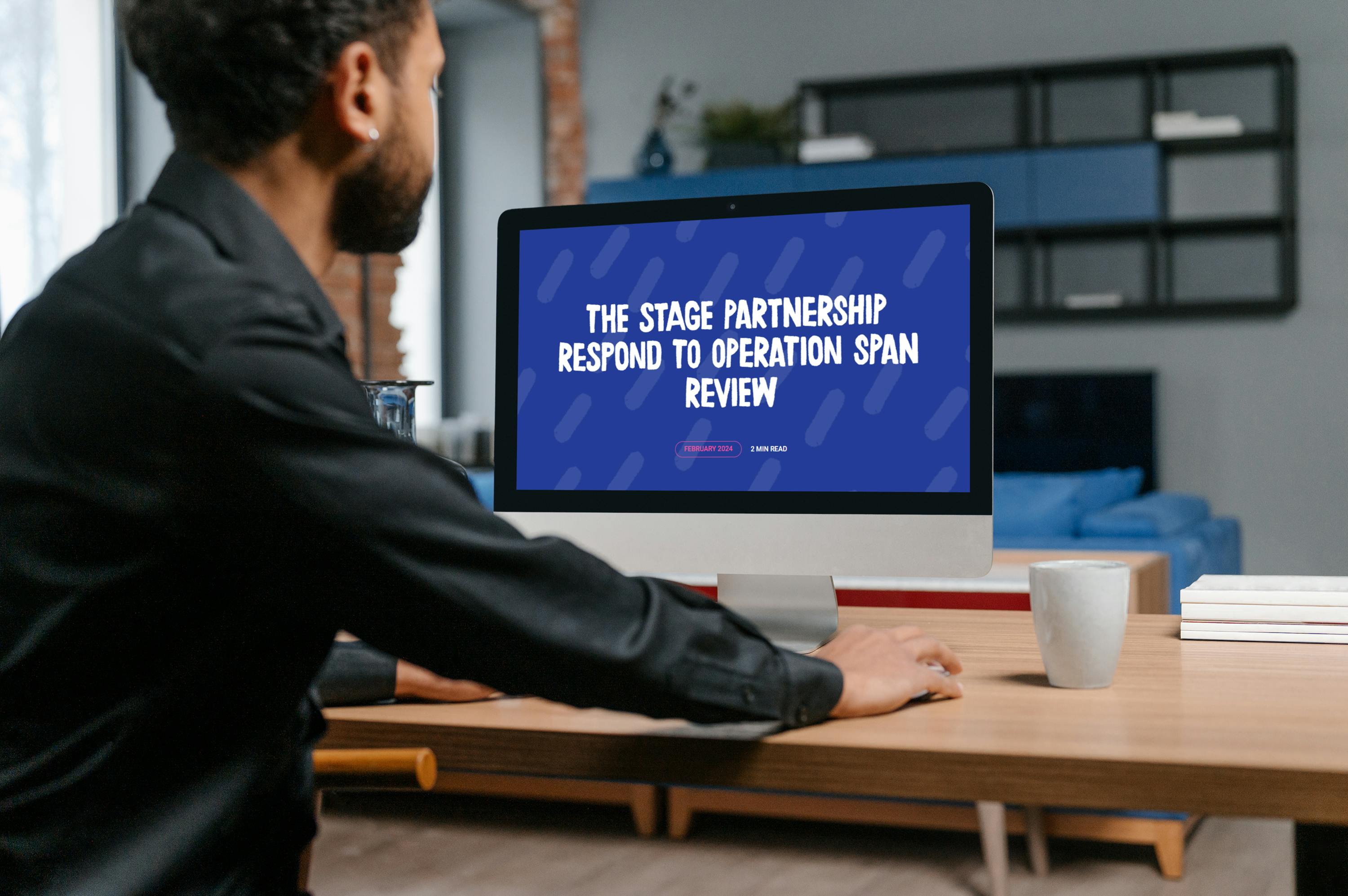Formerly known as STAGE, the ASE Partnership supported by the National Lottery Community Fund, brings together charities Changing Lives, A Way Out, The Angelou Centre, Basis Yorkshire, Together Women, GROW, WomenCentre, and Ashiana to provide trauma-informed support for women who have been groomed for sexual exploitation across the UK. Since the partnership was formed in 2019, we have supported over 800 women.
On the back of the recent media and political attention on sexual exploitation, our ASE Partnership Policy Officer Jess met with Anna Fry, Operations Manager for WomenCentre Kirklees, and Joanna Jones, CEO for GROW to discuss the work of the partnership, the importance of this issue getting the attention it deserves, and what the next steps are to improve the experiences of survivors.
Can you tell me a bit about yourself and your involvement in the Adult Sexual Exploitation Partnership?
Anna Fry: I’ve been involved in the Adult Sexual Exploitation Partnership for just over three years. I started off as the team lead for the project in WomenCentre, but now I’m Operations Manager for Kirklees so I’m still overseeing the work. We have a very holistic offer for the women we support. The support that we give is the support that they need and when they need it. We’re very fortunate that we’re able to offer support that is not time limited. It’s trauma informed person-centred support that we offer.
Joanna Jones: I’m CEO at GROW. I joined GROW in 1998 so I’m into my 26th year. GROW provides a safe space to support recovery for women and girls who have or are experiencing crisis and trauma including sexual exploitation. We do this through therapeutically beneficial and trauma informed intervention. We work at the women’s pace and put them at the centre of everything we do. We’ve been working with the Adult Sexual Exploitation Partnership for over six years now, and for GROW this has been really beneficial; being able to hear what’s happening around the country, hearing about different approaches and also validating our approaches as well.
Sexual exploitation has rightfully been getting a lot of media and political attention recently. What are the benefits of sexual exploitation getting media attention?
Anna Fry: It creates an awareness within the public consciousness that the issue exists and that it is ongoing. Obviously, it’s been highlighted in the media before over the years, but then it tends to drop off and people begin to forget that it’s happened before. I suppose they assume that because it’s been highlighted something has happened and something has changed, and that’s obviously not always the case. So, it’s good that it keeps coming up, it keeps getting the attention that it deserves and people are aware that it’s not gone away.
Joanna Jones: I think it reminds people, it brings it back into people’s focus again. I think sometimes we forget what a massive situation this is locally, regionally, nationally and globally. I think the fact that it’s in the media is both positive and sad – because it’s still happening. It’s really important that peoples voices are being heard again, it’s getting women and young women’s voices heard. Someone’s taking notice of what’s being said, then it’s really important.
Is there anything you feel has been left out of this conversation that you would like to bring attention to?
Anna Fry: I think the main thing is that sexual exploitation doesn’t end when someone turns 18. It simply becomes more hidden, as support starts to drop off for young people. There is this belief that the exploitation suddenly stops as the young person is now an adult and is seen to make informed chouices. However, we know from our experience within our service that this is the point where young people become even more vulnerable to sexual exploitation.
Joanna Jones: I think it’s important to remember that sexual exploitation doesn’t stop at 18. Even if the physical act of the exploitation or the mental abuse stops, the impact of the trauma of what they’ve experience can continue into adulthood. It’s also important to note that not every woman who’s experienced adult sexual exploitation has experienced child sexual exploitation. Sexual exploitation can start at any age for lots of different reasons. It could be health issues, it could be as you’re getting older, if you’re living on your own, it could be being targeted due to disability.
On that point, what have you found happens to survivors of child sexual exploitation once they reach adulthood?
Anna Fry: I think one of the biggest things is their financial vulnerability. We’ve had young women who we’ve supported who have told us they don’t have a bank account, but their perpetrator has said that they can get their money paid into their bank account instead. And you can see the level of vulnerability increasing when they don’t know how to budget, if they’ve never had a bank account, if they’ve never had the opportunity to work with their own money, or if they don’t have any ID. Being able to identify who they are is so important for young people, particularly when they’re coming out of care. At this age young people coming out of care lose their support workers and their homes. They’re given a flat, but they have no bed, no curtains, no carpets. The young person is left in a flat all alone, it must be terrifying. So, connecting with people who will take advantage of them is very common.
Joanna Jones: The transition period can be an unsettling and unstable time for young people, and accessing the right service at the right time can be really challenging – meeting adult service thresholds can be problematic, there can also be long waiting lists. It can be really difficult to get the right service at the right time. It feels like trying to fit a square peg into a round hold; we have a set of services and a way of working that isn’t able to meet everybody’s needs.
What do you think are the next steps to better support survivors of sexual exploitation?
Anna Fry: We need to make sure that young people, particularly young people who are in care are given life skills. Appropriate and timely mental health support is vital. I think it’s a positive that they’ve changed the pre-trial therapy guidance – that’s a huge positive! But there’s just not enough support, we need to do better at recognising trauma. There are also women who’ve experienced significant trauma and when they become pregnant and the response is generally ‘we’re going to take your child away and then you must prove to us that you are able to care for your child,’ and that feels the wrong way round to me. We should be supporting them to keep the child if that’s possible. There should be intense support for the parent pre and post-birth for women who have experienced the trauma of sexual exploitation.
Joanna Jones: When women come into services, it’s about holistic assessments of their whole circumstance. I think if you fail to understand somebody’s context, you’re kind of failing straight away to understand there needs. There needs to be responses at a quick, steady pace. Working together makes a difference, and support needs to be long term. And long term is very different for different people. And it’s about focusing on the long term impact – not trying to just fix the situation as it stands today, we’re actually looking at how this woman can move forward in life positively and make informed choices, and feel part of society again. There’s also a lot of stereotypes about people experiencing sexual exploitation. People still don’t believe women and girls. I think this goes back to what we’re doing as a partnership in pushing for a statutory definition of adult sexual exploitation, I think that’s going to be key moving forward. It needs to be agreed, it needs to be embedded across different services, because without that we’re not going to be able to get any clarity on what we mean by adult sexual exploitation. And it did make a difference when one was introduced for child sexual exploitation.
For more information about the ASE Partnership and our work, please read our Changing The Narrative Report: Stage - Changing the Narrative Report






